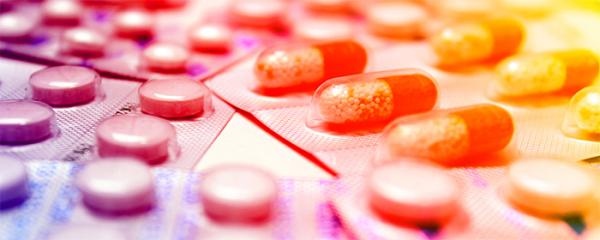Cirrhosis – When medicines cause more harm than the disease

Cirrhosis is a relatively advanced stage of liver disease that causes the development of many symptoms, such as ascites, itchy skin and jaundice. In order to relieve the symptoms, patients are often being prescribed with different types of medications and antibiotics.
While taking too many medications obviously pose a risk on our health, a recent global study reveals that medication overload has more damaging effects than just an overworking liver – an overuse of medication can actually cause more untreatable infections in patients with cirrhosis.
Multidrug-resistant (MDR) infections
A recent global study published on Gastroenterology has found that more than one-third of hospitalized cirrhosis patients had multidrug-resistant (MDR) bacterial infections, and close to 10% had extensively drug-resistant (XDR) infections.
To control their symptoms, cirrhosis patients often have to take a large number of medications, especially antibiotics. And from the study, the frequent use of antibiotics appears to be the culprit of the development of MDR and XDR infections in patients with cirrhosis.
Antibiotics are a double sided sword. Even though the risk of dying from complications of cirrhosis has decreased progressively in the US, the risk of death from bacterial sepsis has risen.
But aside from the effects of antibiotics, what else could be a contributing cause to the high MDR and XDR infections rates in cirrhosis patients?
Cirrhosis patients’ immunity to infections is low
Because of a scarring liver, cirrhosis patients have a lower level of immunity against bacteria than healthy individuals. Top that with frequent antibiotics intake, it is not surprising to find that infections are more recurrent in cirrhosis patients.
So how can patients increase their liver’s immunity against infections?
Have better control over the inflammation level
Because of the excessive inflammation in the liver, cirrhosis patients are more susceptible to bacterial infections. The most direct way to fight against infections is to control the level of inflammation, which is reflected by the ALT level.
By actively lowering the degree of inflammation in the liver, this gives the liver space and time to heal and regenerate. At the same time, this can help strengthen the liver’s immunity against bacteria and pathogens. After all, the liver’s capacity to regenerate from injuries and inflammation is vitally essential for the maintenance of the liver’s important functions.
Are you taking a number of medications for your liver problem? Do you want to build a better immunity for your liver from all the side effects of medications? Send us your concern to support@kyotsujigyo.net.
- * All research and clinical data should be used as reference purposes only, results may vary.






